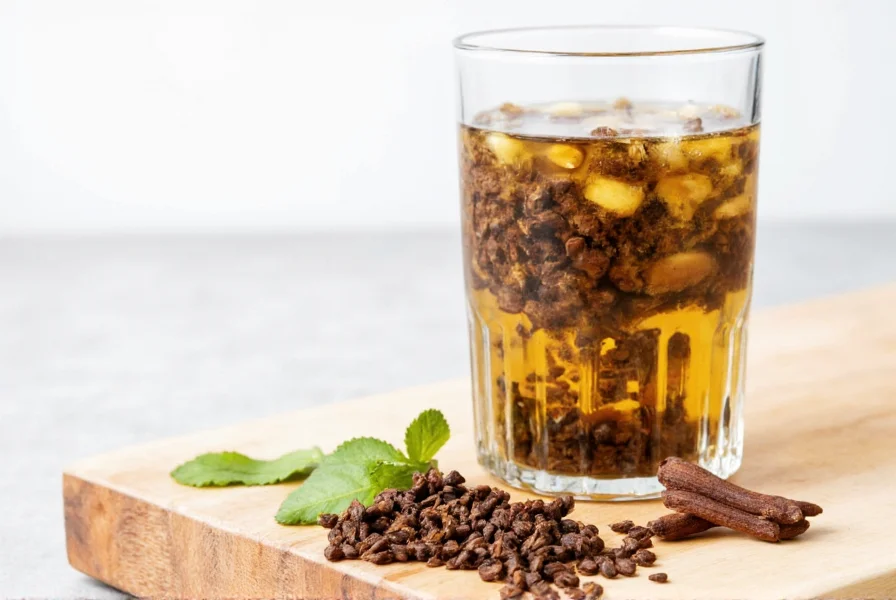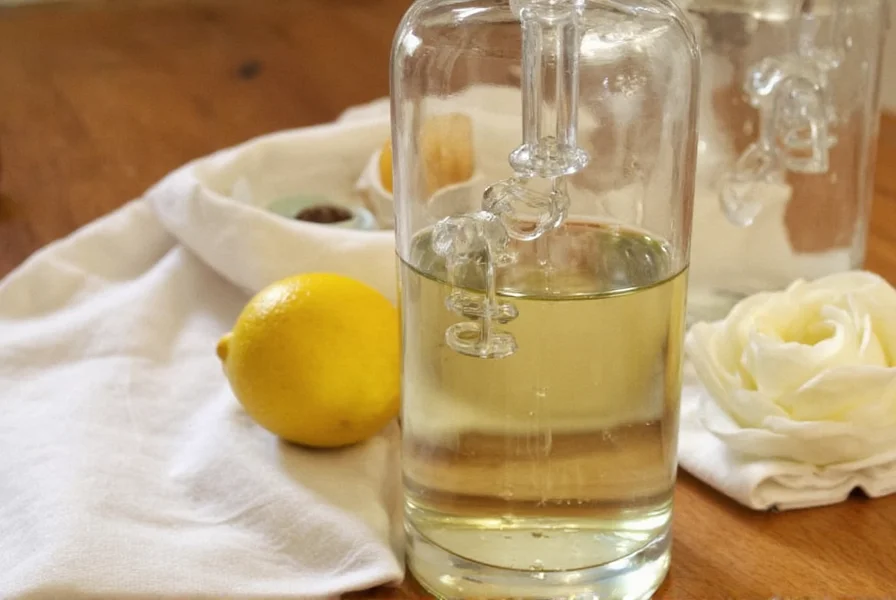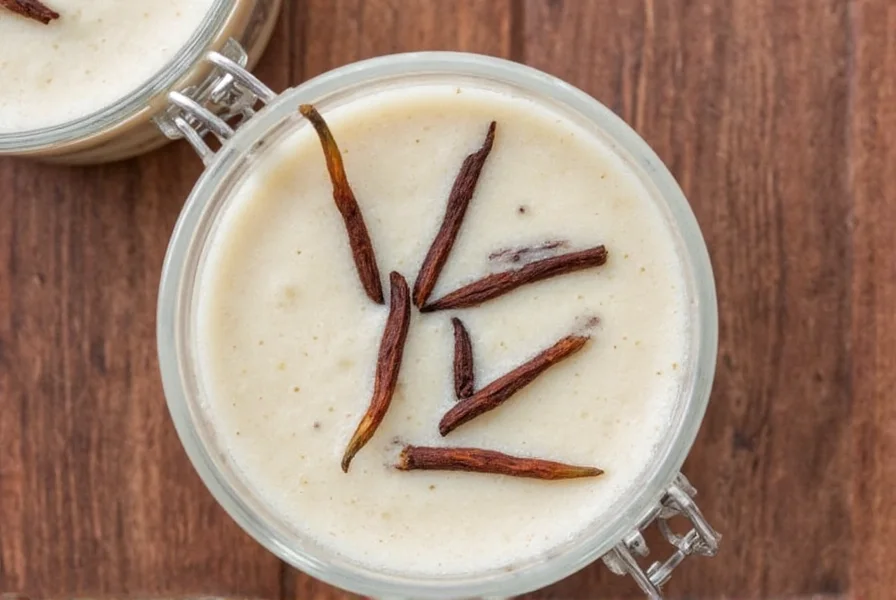To make clove water, add 5-6 whole cloves to 1 cup of boiling water. Let it steep for 15-20 minutes, then strain. For stronger infusion, simmer cloves in water for 5-10 minutes. Use fresh cloves for best results, and store in refrigerator for up to 3 days. This simple clove water recipe serves culinary and traditional household purposes without requiring special equipment.
Making clove water is a straightforward process that has been used for generations in various culinary and household traditions. This aromatic infusion captures the distinctive flavor and properties of cloves in liquid form, creating a versatile ingredient for multiple applications. Whether you're looking to enhance your cooking, explore traditional remedies, or simply enjoy the warm, spicy notes of cloves, preparing this simple infusion takes minimal time and effort.
Understanding Clove Water and Its Traditional Uses
Clove water is an infusion made by steeping whole cloves in water, extracting their essential oils and compounds. Historically, many cultures have incorporated clove water into their culinary practices and household routines. In cooking, it adds depth to broths, marinades, and baked goods. Some traditional practices use clove water as a natural mouth rinse or for its aromatic properties in home environments.
It's important to note that while clove water has traditional uses, it should not be considered a medical treatment. This guide focuses on the preparation methods and practical applications without making health claims beyond established culinary knowledge.
Ingredients and Equipment Needed
Creating effective clove water requires minimal ingredients and tools:
| Item | Recommendation | Notes |
|---|---|---|
| Whole cloves | 5-6 per cup of water | Fresh, firm cloves yield better flavor |
| Water | Filtered or spring water | Avoid distilled water for better extraction |
| Container | Heat-resistant glass or ceramic | Avoid plastic for hot infusions |
| Strainer | Fine mesh or cheesecloth | Prevents small particles in final product |

Three Effective Methods to Prepare Clove Water
Different preparation techniques yield varying strengths and flavor profiles. Choose the method that best suits your intended use.
Cold Infusion Method (Gentle Extraction)
This traditional clove water preparation method preserves delicate compounds:
- Add 5-6 whole cloves to 1 cup of room temperature water
- Cover and let sit at room temperature for 8-12 hours
- Strain through fine mesh strainer
- Store in refrigerator immediately
Ideal for culinary applications where subtle flavor is preferred. This cold infusion clove water method produces a milder taste perfect for delicate recipes.
Hot Water Infusion Technique (Quick Method)
For those seeking how to prepare clove water for cooking on short notice:
- Bring 1 cup of water to a rolling boil
- Add 5-6 whole cloves
- Remove from heat and cover
- Steep for 15-20 minutes
- Strain and cool before use
This hot water clove infusion technique extracts flavor more quickly while maintaining balance. The resulting clove water works well in sauces, marinades, and baked goods.
Simmered Method (Strongest Concentration)
When you need potent clove water:
- Combine 1 cup water and 8-10 cloves in small saucepan
- Bring to gentle simmer (not full boil)
- Simmer covered for 5-10 minutes
- Cool slightly, then strain
- Allow to cool completely before storing
This method creates the most concentrated clove water, suitable for applications requiring stronger flavor. Use this preparation when exploring traditional clove water uses that call for robust infusion.
Proper Storage and Shelf Life
Understanding clove water shelf life ensures safety and quality:
- Refrigerate all prepared clove water immediately
- Use within 3 days for optimal freshness
- Store in clean, airtight glass container
- Discard if cloudiness, mold, or off-odors develop
Never leave clove water at room temperature for extended periods. The cool environment of your refrigerator significantly extends clove water storage life while maintaining quality. For longer preservation, consider freezing small portions in ice cube trays.
Safety Considerations and Best Practices
Follow these clove water safety precautions for responsible use:
- Always dilute before oral use - never consume undiluted
- Perform patch test if using on skin
- Consult healthcare provider before use if pregnant, nursing, or managing health conditions
- Keep away from children and pets
- Do not use as medical treatment
When preparing clove water, use appropriate measurements to avoid overly concentrated solutions. The simple clove water recipe ratios provided ensure balanced extraction without excessive potency. Remember that individual reactions may vary, so start with small amounts when trying new applications.
Creative Applications for Clove Water
Explore these practical uses for your homemade clove water:
- Add to mulled wine or cider for holiday beverages
- Use as base for poaching fruit
- Incorporate into homemade cleaning solutions
- Create aromatic room sprays
- Add subtle flavor to rice dishes or braises
For culinary applications, start with small amounts and adjust to taste. The warm, spicy notes of clove water complement both sweet and savory dishes when used judiciously. When exploring how to prepare clove water for cooking, remember that a little goes a long way due to its concentrated flavor.












 浙公网安备
33010002000092号
浙公网安备
33010002000092号 浙B2-20120091-4
浙B2-20120091-4